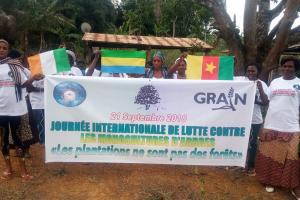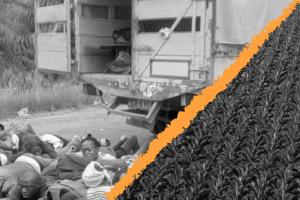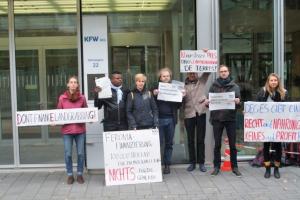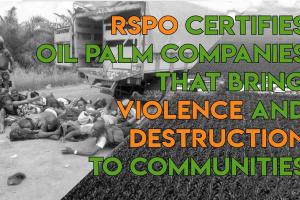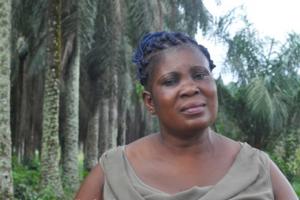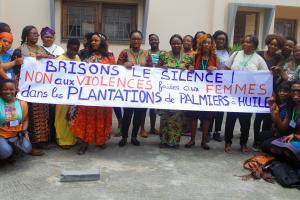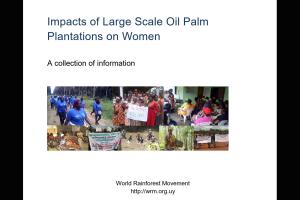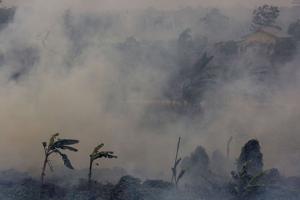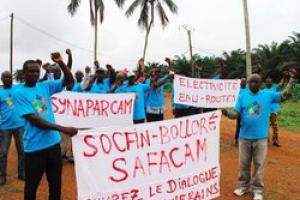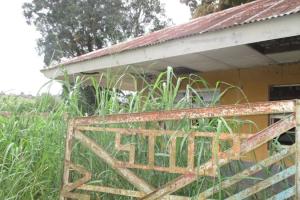Palm Oil
The oil palm tree is native to West Africa. It is an important tree for forest-dependent communities, their cultures and their economies. However, large-scale oil palm monocultures for industrial production (oil and agrofuels) have been driving deforestation and land grabbing in Southeast Asia. More recently, oil palm monocultures are also driving destruction in Africa and Latin America.
We invite organizations to sign on and support the statement, which denounces that the RSPO, since it was created 14 years ago, has been a tool that served the corporate interests of the oil palm sector
Nine communities from the DR Congo took a historic step this week by filing a complaint with the complaints mechanism of the German development bank (Deutsche Investitions- und Entwicklungsgesellschaft – DEG)
We invite organizations to sign on and support the statement, which denounces that the RSPO, since it was created 14 years ago, has been a tool that served the corporate interests of the oil palm sector
We said it in Mundemba, Cameroon, we reiterated it in Port Loko, Sierra Leone, we re-affirm this in Abidjan, Cote d’Ivoire: the abuse against women in and around industrial oil palm plantations must STOP!
A Collection of Articles Published in the WRM Bulletin on the issue of Resistance, Women and the Impacts of Plantations.
Despite that most forest fires in Indonesia started within expanding oil palm plantation concession areas, companies are not being persecuted. (Available in Indonesian).
DRC is following the trend of promoting programmes to ‘integrate’ peasants with agribusinesses, putting people’s control over their lands at risk.
The oil palm company Socapalm in Cameroon plans to renew its ISO 14001 certification, which expired in 2017. We expose the company's attempts to cover up the destruction caused to the communities and the environment
